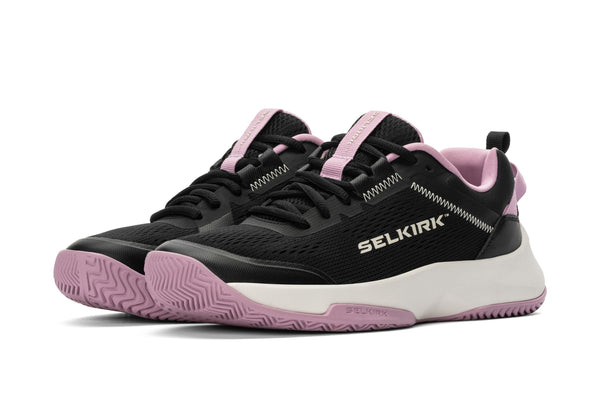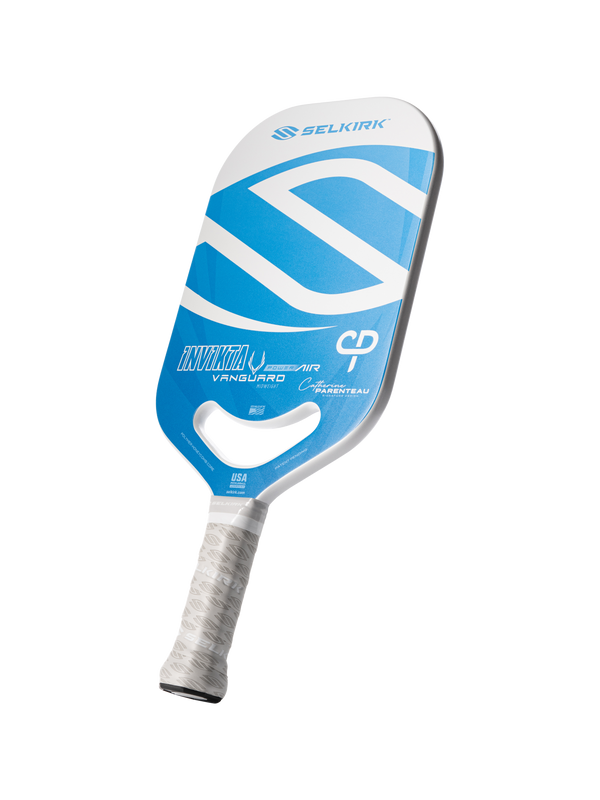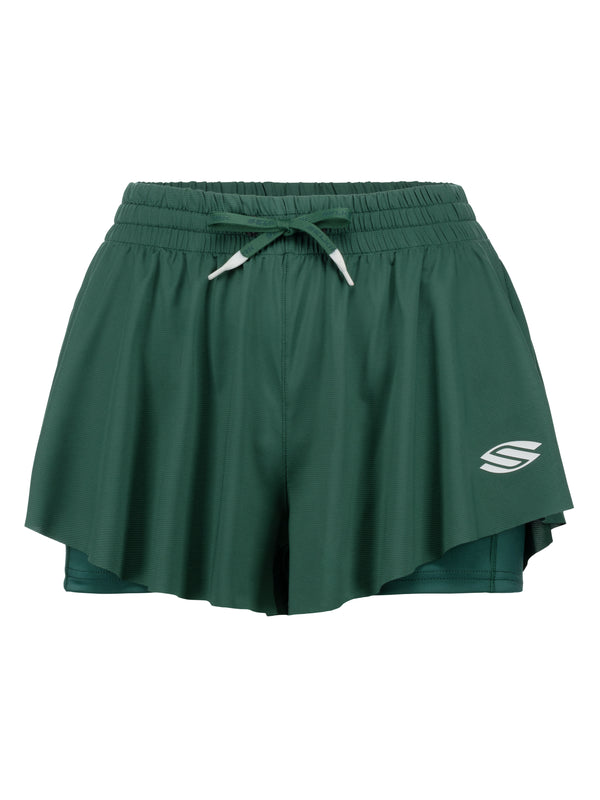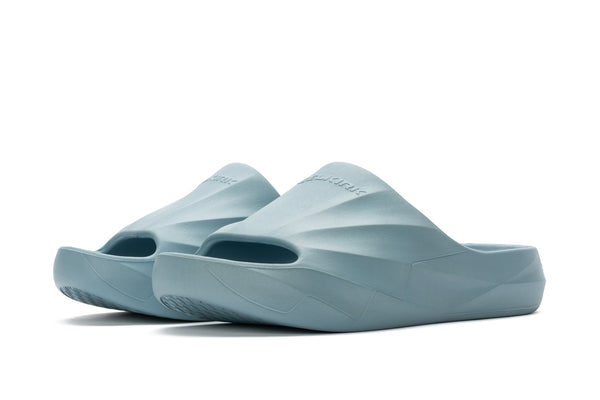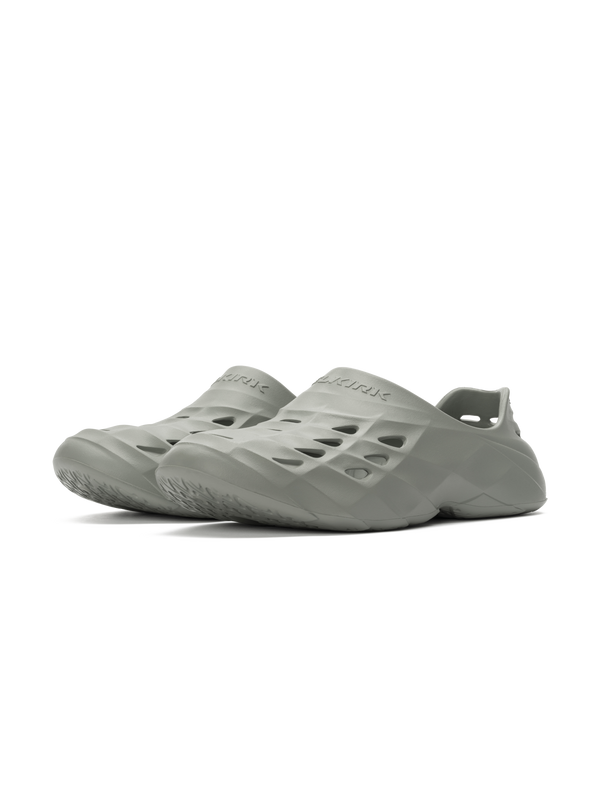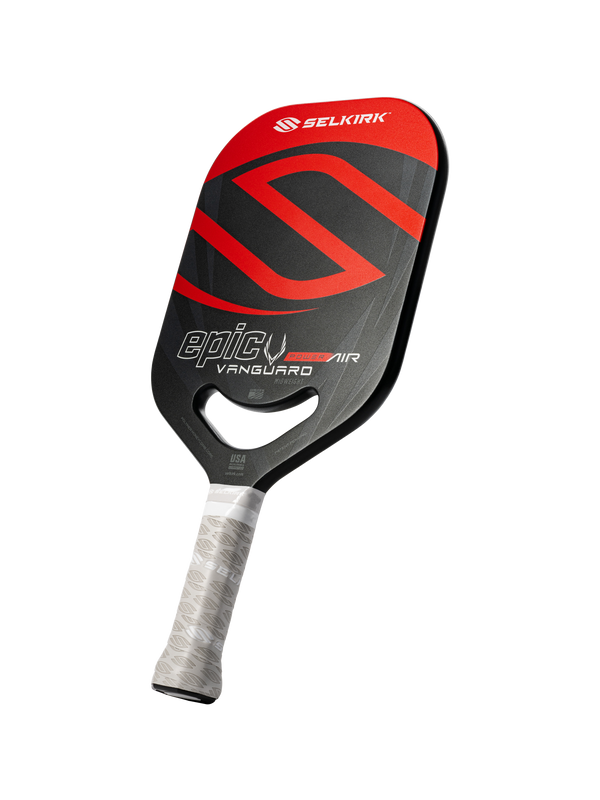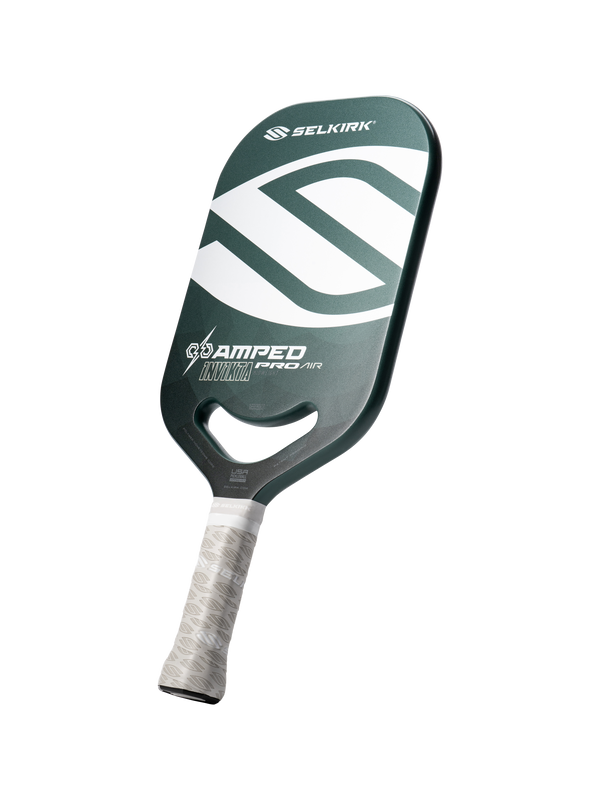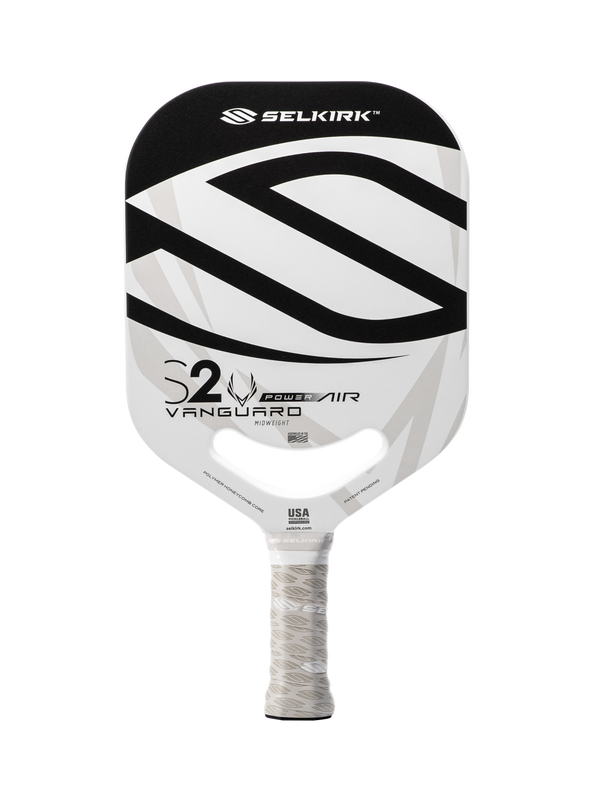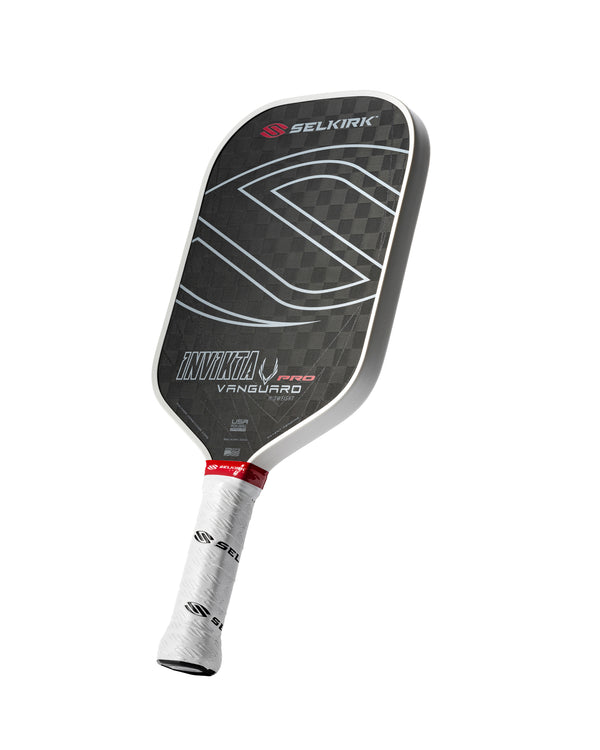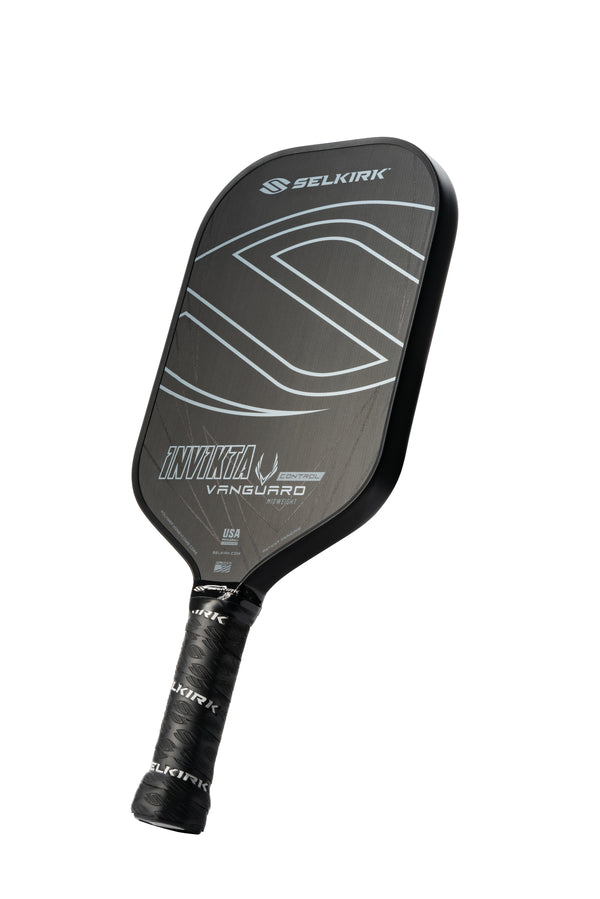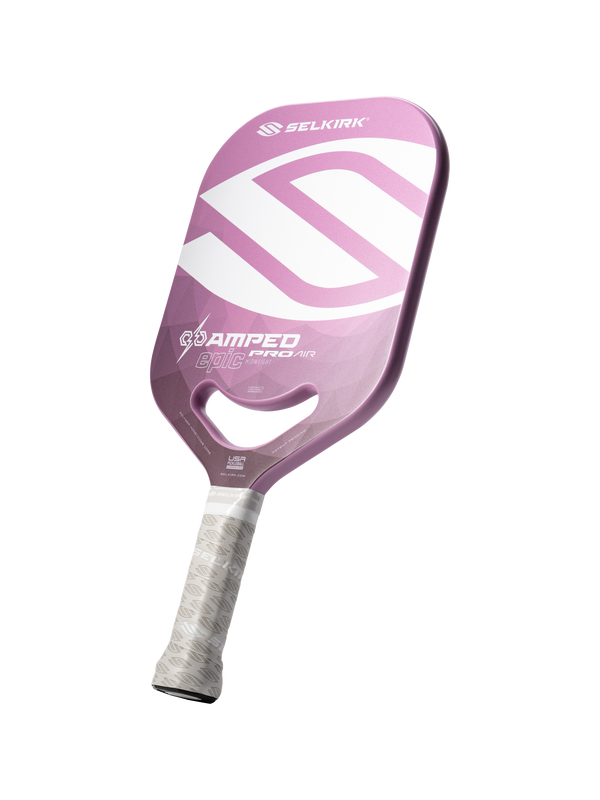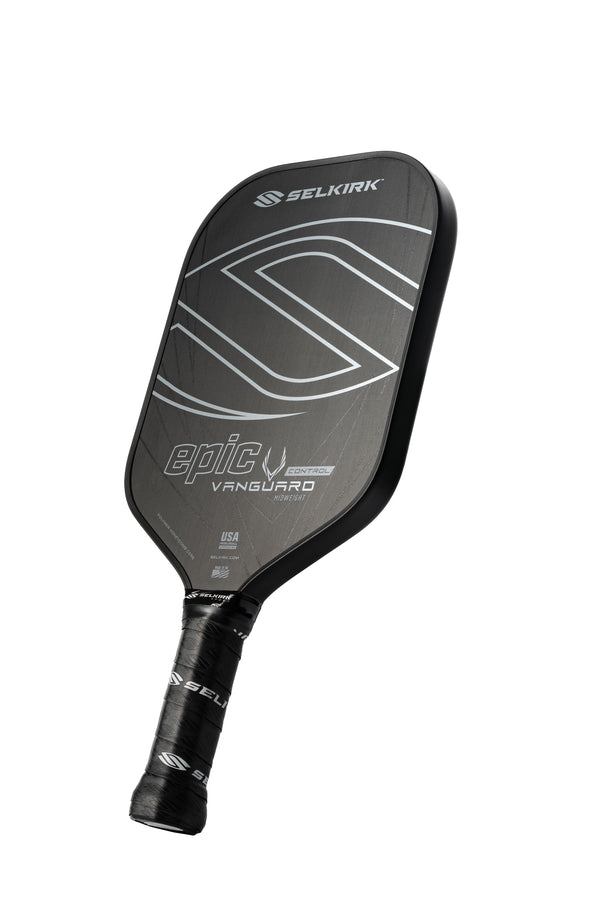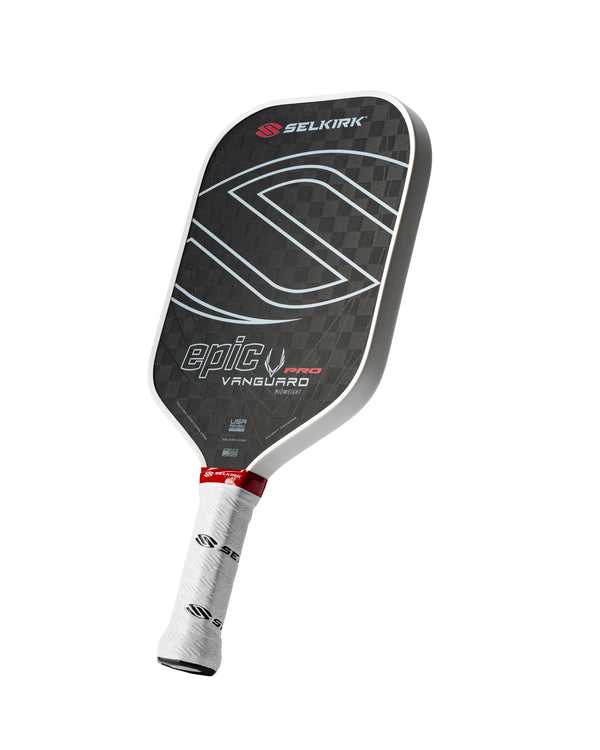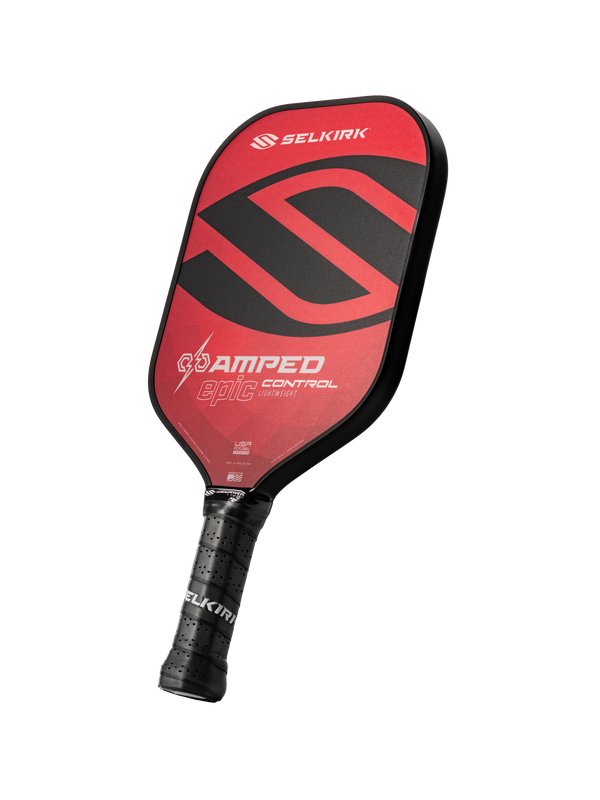What is the major advantage everyone gets in pickleball? If you said, the returning team gets to “start at the kitchen line”you would be correct. Since the ball must bounce on our opponent’s side, the returning team gets to start with one player at the net (and the second player should run to the net before your opponents strike their 3rd shot). But the serving team must both remain back. This makes the Return of Serve important so you can keep the advantage and stay in control of the point. Let’s consider how to make the most of this advantage:
Where do you stand when returning a serve in pickleball?
How you are positioned, pre-serve, is very important. What position is going to give you the best opportunity to hit a successful return? For most of us, it will be the forehand that gives us the best opportunity to hit the shot we want. Many times, for those coming from sports like tennis, you would want to show your opponent that you are ready to hit the forehand or backhand. In this case, the serve will be coming extremely fast and you want to be ready to react quickly. In pickleball, there is a good chance we can cover the whole service box, even if we are tucked to one side or the other. If that is the case, then we want to shade to the side that allows us to hit the shot we want to hit. Assuming you want to hit a forehand return, then position yourself to hit a forehand 95% of the time. The only caveat to this positioning strategy is that you must be ready to move quickly if your opponent hits a perfect serve to the open area of the service box. As long as you are ready for this serve location, you will find yourself hitting the shot you want in the vast majority of instances.
Hit The Return Deep To Force a Difficult Shot
Once you are properly positioned to hit the return you want, the next issue to master is the depth of the return. It cannot be stated strongly enough. For you to retain the advantage as the returner, you must keep your opponent deep. If you hit a short return, you are allowing your opponent to move towards the net with momentum. To prevent this, you want a return that consistently hits the back third of the service box. The deeper the return, the better. The ideal shot has your opponent hitting their third shot at or behind the end line. Keeping the return keeps you in control of the point and forces your opponents to hit a difficult shot.
Hit It High To Give Yourself Time To Get To The Net
Another technique not used nearly enough is to return the serve with some level of altitude. In this instance, we are not talking about a lob, but a nice controlled, somewhat gentle, return, with some arc to its flight. By hitting a controlled, high shot you give yourself TIME to get to the net yourself. You don’t want to still be at the baseline or the transition zone when your opponents are about to strike the ball. You want to be at the net so your opponents see you and your partner ominously blocking all paths.
There's more to be learned about the Return of Serve and Pro Pickleball Coach Mark Renneson gives us an overview in this Selkirk TV, opens in a new tab Video:
Conclusion
Let’s combo up these key items, not just to return the serve consistently, but to take full advantage of what the rules of the game gives us in the return of serve.
What is the best way to return a serve in pickleball?
- Be in position to hit your best shot (forehand or backhand)
- Hit the ball deep in the service box to force your opponents to hit a difficult shot.
- Give yourself some additional TIME to make it to the net by returning the ball HIGH.
Bonus Tip: How do you return a power serve in pickleball?
Paddle Ready Position:
- Hold your paddle up and in front of you, in the center of your body. This allows you to react quickly and reduce the amount of movement required to make a good return.
- Maintain a firm grip on the paddle, but not overly tight, so you can absorb the power from the serve.
Split-step:
- As the server strikes the ball, perform a small "split-step" or hop. This helps in quickly reacting to the direction of the serve and establishing a balanced position.
Block, Don't Swing:
- For a powerful serve, it's often effective to use a blocking technique rather than taking a full swing. This uses the server's power against them. Simply angle the paddle to direct the ball back over the net.
- The goal is to absorb the pace and direct the ball accurately rather than adding more power.
Do all these things, and you will stay in control of the point and will have the serve back in no time!



